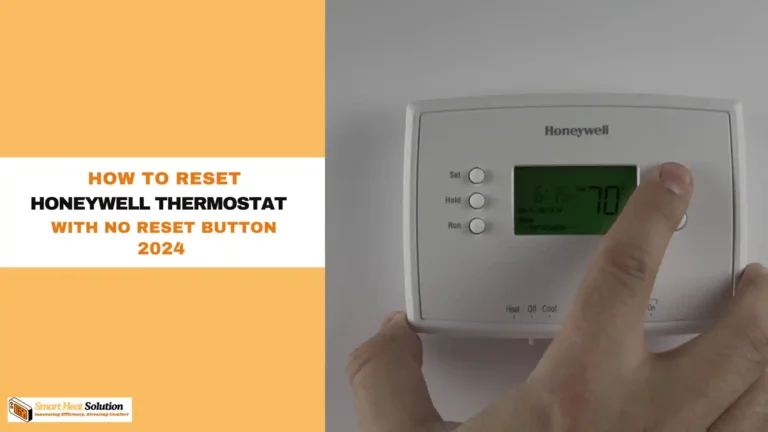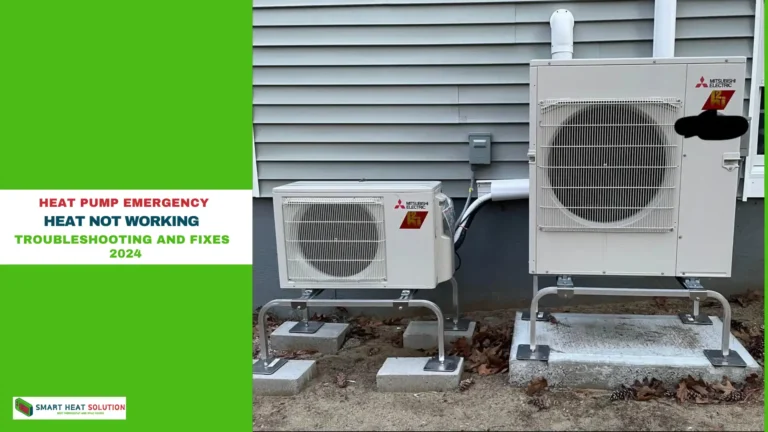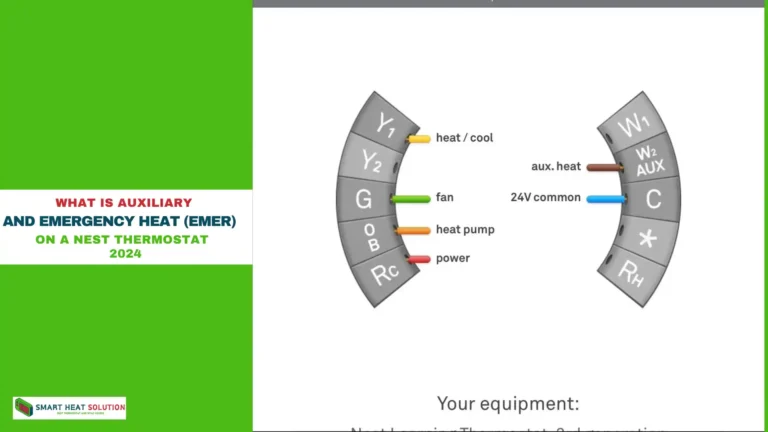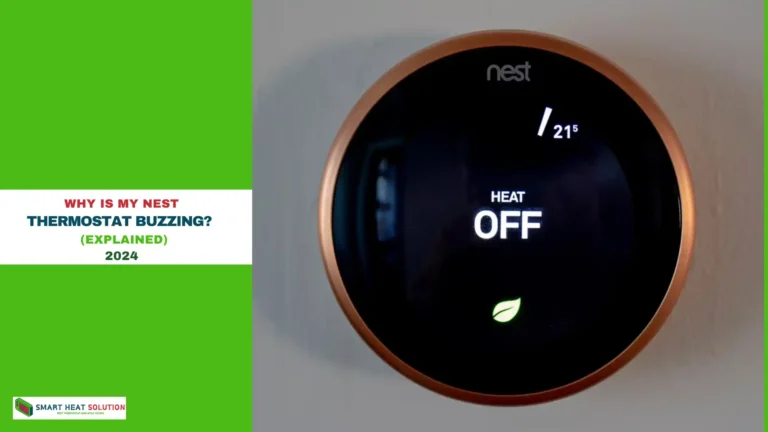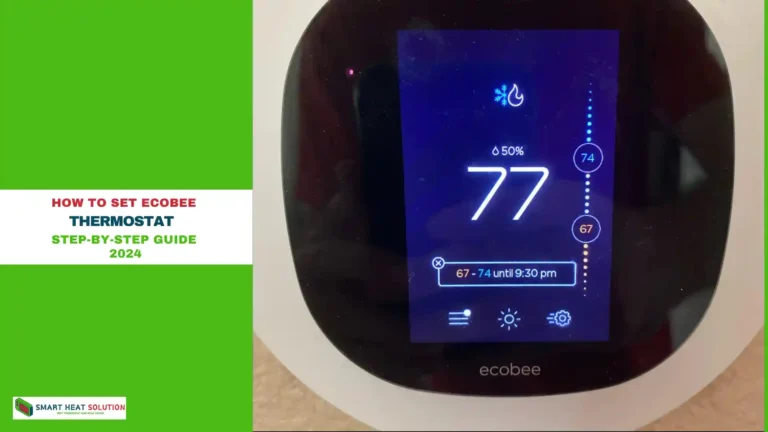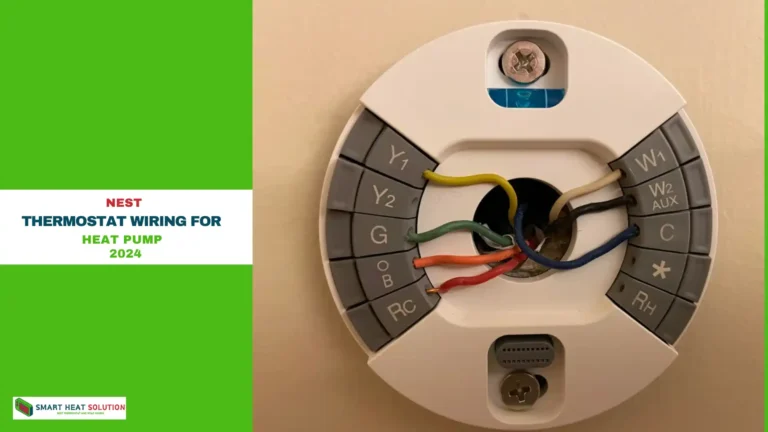AC Blowing 70 Degree Air? (Fixed)
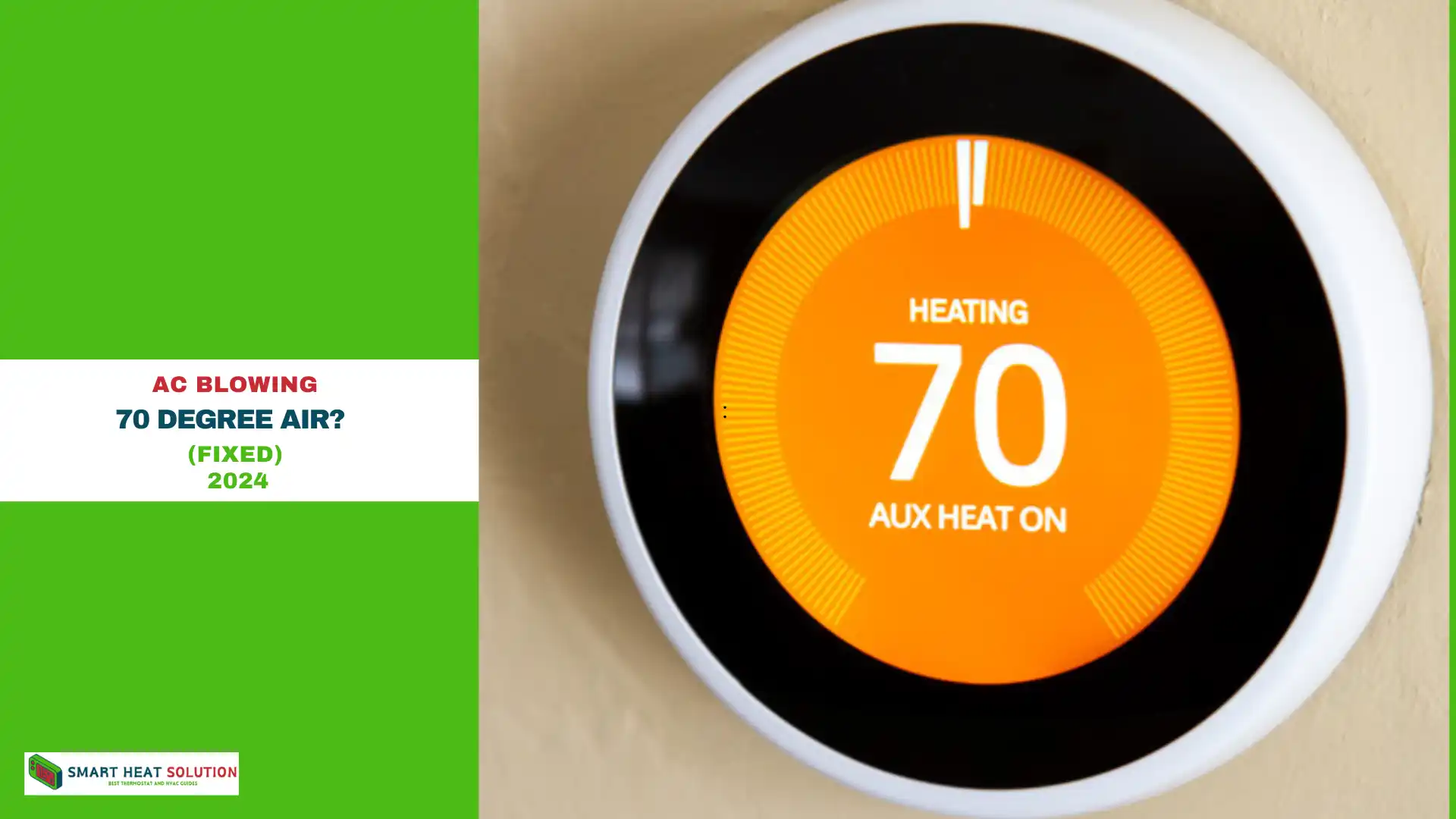
Is your ac blowing 70 degree air?
It’s often a sign that something isn’t functioning as expected.
This can lead to uncomfortable indoor temperatures and may increase energy costs.
In this guide, we’ll break down the reasons behind an AC blowing warmer air than desired, how you can troubleshoot it, and steps to resolve common issues effectively.
What is the Ideal AC Output Temperature
Typically, a central air conditioner should cool the air to around 55-60°F as it leaves the vents, depending on the outdoor temperature and indoor humidity levels.
When the air temperature is 70°F or above, it can signal potential problems in your cooling system that need immediate attention.
What Does 70-Degree Air Indicate?
- Insufficient Cooling: AC should ideally reduce room temperature by about 15-20°F. If it’s blowing only slightly cooler air, it could be underperforming.
- Poor Efficiency: Blowing warmer air often causes the AC to work harder to reach the set temperature, which may lead to higher utility bills.
- Discomfort: Warm air from your AC prevents it from maintaining a comfortable indoor climate, especially during hot weather.
- Thermostat settings: The temperature you set on your thermostat will control how cool the air gets.
- Refrigerant levels: The amount of refrigerant in the system affects how well it can cool the air.
- Airflow: Good airflow throughout your home helps the AC distribute cool air more evenly.
Common Causes of AC Blowing 70-Degree Air And Solutions
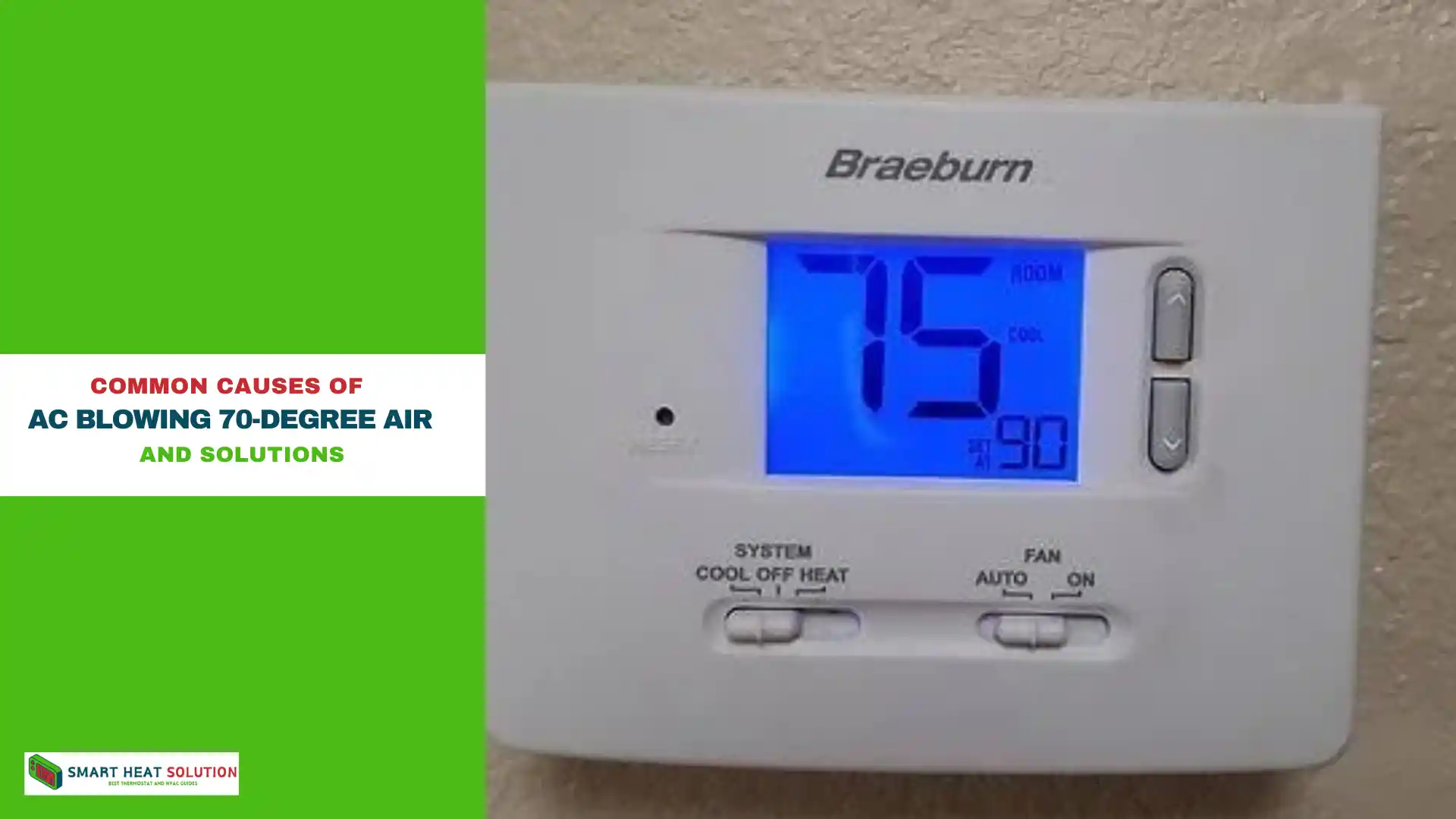
There are several reasons why an AC might blow air that’s warmer than it should be. Here’s a detailed breakdown of the most common causes:
1. Dirty Air Filters
Dirty or clogged air filters restrict airflow, which reduces the cooling efficiency of your AC system. When the airflow is obstructed, the AC can’t circulate air properly, leading to warmer output.
- Solution: Check and replace air filters every 1-3 months, especially during peak usage seasons.
2. Refrigerant Issues
Refrigerant is the essential coolant in an AC system that enables it to absorb heat and cool the air. If there is a refrigerant leak or if levels are too low, the AC won’t be able to cool air effectively.
- Solution: Contact a certified HVAC technician to check refrigerant levels and address any potential leaks. Regular maintenance helps avoid such issues.
3. Blocked Condenser Coils
The condenser coils are located in the outdoor unit and dissipate heat. When these coils get dirty, they lose efficiency, causing the AC to struggle in cooling the air. This results in warmer air coming through the vents.
- Solution: Clean condenser coils every few months to ensure optimal performance, especially if the unit is outdoors in a dusty or grassy environment.
4. Thermostat Settings or Malfunctions
A thermostat set incorrectly or a malfunctioning thermostat can cause your AC to blow warmer air. A thermostat that reads inaccurately may prevent the AC from achieving the desired temperature.
- Solution: Check the thermostat settings to ensure they are correct. If there’s still an issue, it may need recalibration or replacement.
5. Undersized AC Unit
An AC unit that’s too small for the space it’s trying to cool will struggle to reach the desired temperature. This is especially common in larger rooms or homes without zoning.
- Solution: Ensure that your AC unit is properly sized for your home. If it’s undersized, consider upgrading to a unit with appropriate capacity.
6. Ductwork Leaks
Leaky or poorly insulated ducts can cause cool air to escape before it reaches your rooms. This issue can lead to warmer air blowing from the vents, as cooled air is lost along the way.
- Solution: Inspect ductwork for leaks and insulation problems. Sealing and insulating ducts can improve cooling efficiency.
7. Compressor Problems
The compressor is the heart of the AC system, responsible for circulating refrigerant between the indoor and outdoor units. If the compressor is faulty, the AC can’t cool effectively, resulting in warmer air output.
- Solution: Compressor issues require professional repair or replacement, as it’s a critical component of the AC system.
8. Evaporator Coil Issues
Evaporator coils inside the AC absorb heat from the indoor air. If they are frozen or dirty, they can’t absorb heat efficiently, resulting in the AC blowing warmer air.
- Solution: Ensure regular maintenance to keep evaporator coils clean and defrost them if necessary. An HVAC professional can assist with proper coil maintenance.
Preventative Maintenance Tips for Consistent Cooling
- Regular Filter Changes: Replacing air filters frequently ensures optimal airflow and efficient cooling.
- Annual HVAC Inspections: Scheduling an annual inspection with a licensed HVAC technician can catch and prevent major issues.
- Clear Debris Around Outdoor Unit: Keeping the condenser unit free from obstructions like leaves and dirt will help it operate effectively.
- Duct Sealing and Insulation: Properly sealed and insulated ducts prevent air loss and keep your home consistently cool.
- Thermostat Calibration: Check and calibrate your thermostat every year to ensure it reads the temperature accurately.
When to Call a Professional HVAC Technician
While basic maintenance can solve many cooling issues, there are times when professional help is necessary:
- Refrigerant Leaks: Only licensed HVAC professionals can handle refrigerants safely and legally.
- Major Component Failures: Compressors and other critical parts require professional diagnosis and repair.
- System Upgrade Needs: If your system is old or too small for your space, an HVAC expert can advise on replacement options.
- Persistent Problems: If troubleshooting doesn’t resolve the issue, a technician can provide a thorough inspection and targeted solutions.
Final Thoughts on AC Blowing 70-Degree Air
An AC blowing 70-degree air usually points to an issue with cooling efficiency, often due to blocked airflow, refrigerant problems, or other component issues. Regular maintenance, timely troubleshooting, and professional inspections are essential to keep your AC working effectively, ensuring a comfortable indoor climate and optimal energy efficiency.
With these insights, you can take action to restore your AC’s performance and enjoy a cool, refreshing environment throughout the hot months.
Is 70 degrees too low for AC?
No, 70 degrees Fahrenheit is not too low for an AC. It’s actually a comfortable and normal indoor temperature.
What temperature should air be coming out of AC vents?
The air coming from your AC vents should be between 50 to 60 degrees Fahrenheit for good cooling and comfort.
Why is my AC blowing warm air?
Your AC might be blowing warm air for a few reasons, like incorrect thermostat settings, low refrigerant levels, blocked air vents or ducts, dirty air filters, or a problem with the compressor. Checking these things can help you figure out and fix the problem.
Why is my AC blowing too cold of air?
Your AC may be blowing air that’s too cold if the thermostat is set too low, there’s restricted airflow, or the thermostat sensor is malfunctioning. Adjusting the settings or fixing airflow problems can help you control the temperature better.

I’m Alan William’s, the founder of SmartHeatSolution.com. I am from California, USA, I’m passionate about innovative heating technologies and their impact on our homes and businesses. With a background in electrican and home repair , I aim to make smart, energy-efficient heating accessible to everyone. When I’m not writing, I’m likely interested in all the thermostat brands and their new technnology. Thanks for stopping by!

